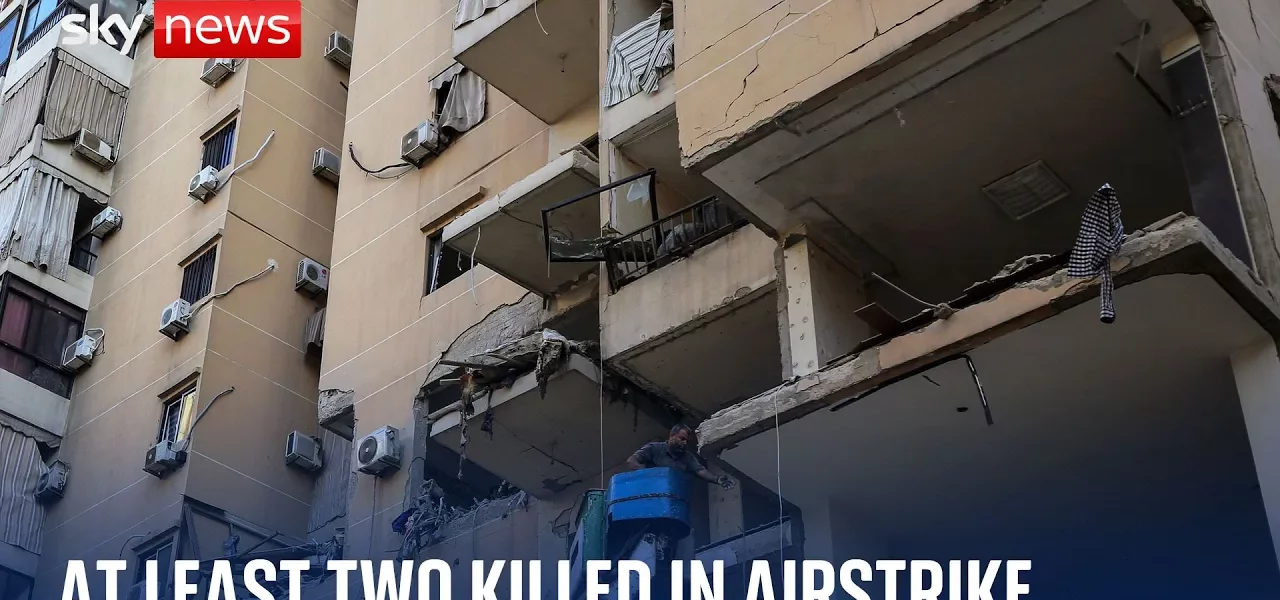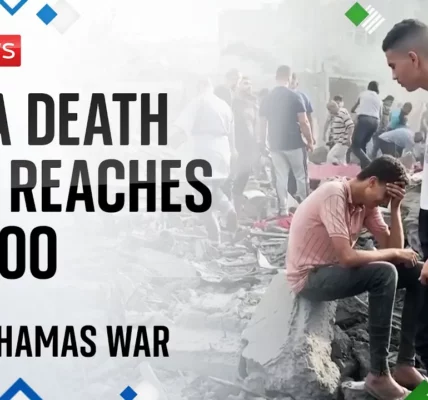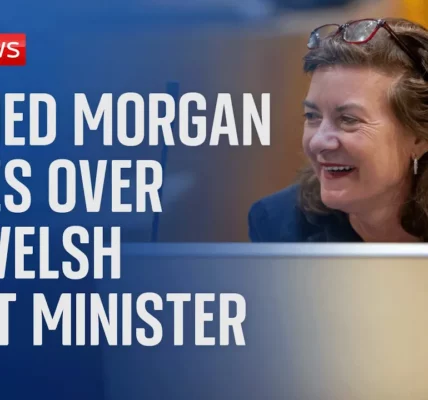The Ongoing Conflict in Beirut: A Detailed Analysis of Recent Missile Strikes

This article explores the recent missile strikes in Beirut, the involvement of Hezbollah, and the broader implications for the region. We delve into the chaotic scenes on the ground, the military strategies at play, and the reactions from local communities and international observers.
Introduction
The streets of Beirut, particularly in the Dahia area, have recently become the epicenter of escalating violence, marked by missile strikes and heavy military presence. The situation is fraught with tension as Hezbollah, a key player in the region, navigates its role amidst ongoing hostilities with Israel. This article aims to provide a comprehensive overview of the events that have unfolded, the impact on local communities, and the geopolitical ramifications of this conflict.
The Recent Missile Strikes
In a series of missile strikes that have rocked the Dahia neighborhood of Beirut, the aftermath has resulted in devastation, with streets littered with glass and rubble. These strikes, attributed to the Israeli Defense Forces (IDF), have raised significant concerns regarding civilian safety and the humanitarian situation in the area.
Details of the Attacks
- Location: Dahia, Beirut
- Casualties: At least 2 dead and 15 injured
- Frequency: This marks the fourth strike in just one week
- Key Targets: Alleged Hezbollah command centers
Casualties and Community Impact
The impact of these attacks has been profound, leading to loss of life and injuries, while also creating a climate of fear and uncertainty among local residents. Eyewitness accounts describe chaotic scenes following the blasts, highlighting the urgent need for humanitarian assistance.
The Role of Hezbollah
Hezbollah’s influence in the Dahia area has been significant, as evidenced by their control over the local narrative following the missile strikes. The organization has maintained a visible presence, with members expressing unwavering support for their cause.
Community Sentiment
Despite the ongoing violence, many Hezbollah supporters remain steadfast in their allegiance, exemplified by statements such as “I would die for Hezbollah,” illustrating the deep-rooted loyalty among the group’s followers.
Hezbollah’s Military Response
In retaliation to the missile strikes, Hezbollah has launched barrages of rockets towards Israel, although many were intercepted by the Israeli military. This tit-for-tat response underscores the escalating nature of the conflict.
International Reactions and Efforts for Ceasefire
The international community has been vocal in its calls for a temporary truce, yet these efforts have largely been disregarded by Israeli leadership. As the United Nations General Assembly convenes, discussions surrounding potential ceasefires have been overshadowed by military actions on the ground.
Statements from Israeli Leadership
Israeli Prime Minister’s recent statements reflect a firm stance against ceasing military operations, asserting, “We will continue to strike Hezbollah with full force.” This rhetoric signifies a commitment to achieving military objectives, potentially leading to further escalation.
Preparedness for Ground Operations
Reports indicate that the Israeli military is preparing for possible ground incursions into Lebanon, with heavy armor and troops mobilizing near the border. This preparation raises concerns about the potential for a wider conflict that could engulf the region.
Conclusion
The ongoing conflict in Beirut represents a complex interplay of military strategy, community sentiment, and international diplomacy. As missile strikes continue to wreak havoc in the region, the humanitarian implications grow more severe, demanding urgent attention from global leaders. The situation remains fluid, with both Hezbollah and Israeli forces showing no signs of backing down. For those seeking to understand the intricate dynamics at play, remaining informed and engaged is crucial. We encourage readers to follow this evolving story and advocate for peace in the region.
“`




